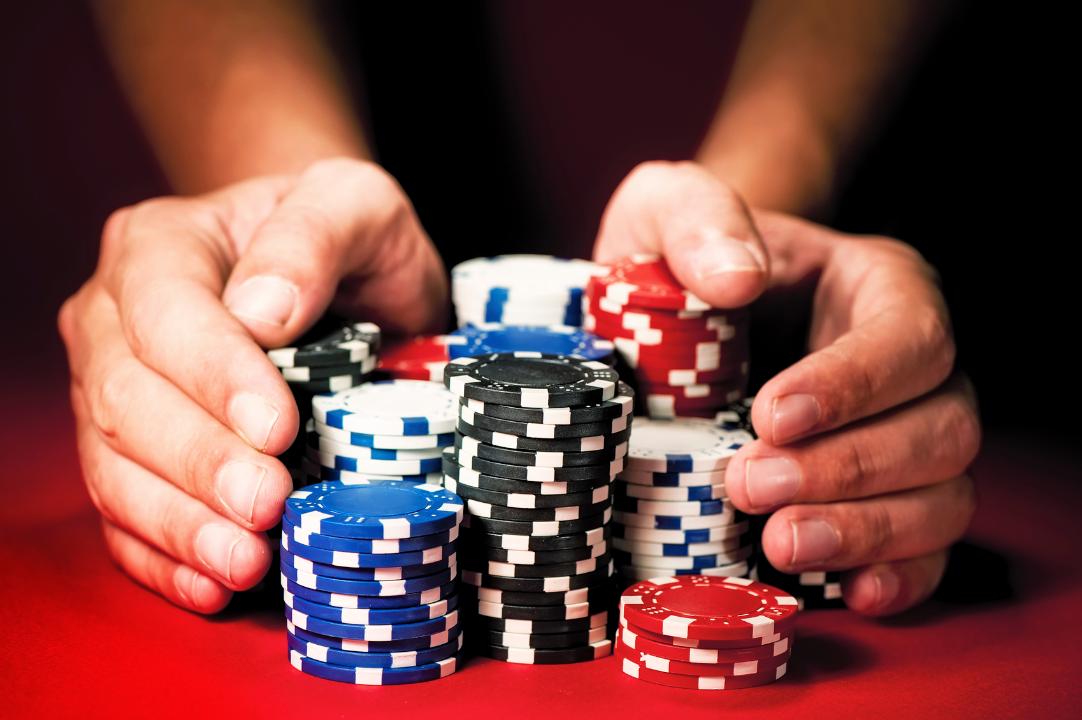Place Your Bet: Hillary Clinton or Donald Trump
November 8 marks the conclusion of arguably one of the most controversial, and unexpected presidential races of all time.
The question on everyone's mind: Who's going to win? Looking at the polls, it’s anyone's game. Ask a gambler. Well, that’s a different story.
"I think that the polls certainly are in a bit of a crisis at the moment," Paul Krishnamurty, founder of politcalgambler.com and active election better, said. "I think that in the last 15 years, with the explosion of political betting, the record is pretty much unrivaled."
Before polling, the amount of money waged on a candidate helped shape American politics. In the late 19th century, pool halls were the election-betting headquarters. There, people placed their stakes on who would become the next president. It was today's version of the poll.
The practice quickly took to Wall Street, where millions of dollars funneled into the elusive but historically significant election betting markets. Maybe it was because it was their hard-earned cash at stake, or they were just lucky — either way, gamblers accurately predicted the outcomes of presidential races long before there was modern-day polling of any kind.
Besides a few small-stake sites with academic purposes, like the Iowa Electronic Market, betting on elections is now illegal in the United States. But overseas markets like Betfair and Ladbrokes are raking in more cash than ever on American politics.
"One thing we are fairly confident of, obviously, it's probably going to be the biggest betting event of all time, based on the amount of money we've taken in already," Matthew Shaddick, head of politics at Ladbrokes, said.
The money continues to flow, but are the betting markets still as reliable as they were 100 years ago?
Political gambler Krishnamurty makes his money playing the odds.
"This is my living on the line, my ability to pay the mortgage," he said. "So I really can't afford to be biased."
People have a lot to lose if they bet incorrectly, and that is one factor Shaddick said makes the market a hot spot for predictions.
"If you’ve got money in the game, that kind of focuses your mind a little bit," he said. There are some other differences as well.
Krishnamurty added that while polls are a useful snapshot of opinion today because they're conducted using a rigid scientific formula, they're restricted, and can’t help form an opinion of the future. Political gamblers can take their time to research and ensure their best chances of winning.
The betting markets, though, can build a theory because they can factory in more information. For example, in 2012, it was Governor Mitt Romney versus President Barack Obama with the polls heavily favoring Romney, the Republican nominee, and the betting markets all-in on the incumbent.
"Personally, I backed Barack Obama for a second term two years out, and I consistently backed him and consistently predicted him," Krishnamurty said.
As it turns out, the betting markets prevailed—showing their true power for accuracy.
"Even on the night most pundits were saying this is too close to call, this is absolutely 50/50," Krishnamurty said. "And yet, the betting markets were saying 85%, 90% Obama. As it turned out in the night, it wasn't even close."
It's hard to say exactly whether the betting markets are better predictors than the polls. According to a 2007 study, three University of Iowa professors found that the markets "significantly outperform the polls in every election when forecasting more than 100 days in advance." On the other hand, a 2012 study by the University of Texas argues election betting adds no value beyond the polls.
This election might be able to break up the controversy. Similar to 2012, the most recent polls have Republican presidential nominee Donald Trump and Democratic presidential nominee Hillary Clinton in a neck-and-neck battle.
However, the markets have their odds on Clinton, who has been the "overwhelming favorite throughout," Krishnamurty said. "She's rated about 77% likely to win, compared to Donald Trump's 30%."
This election will be one of the most profitable in history, with probably close to a "couple billion" dollars traded, according to Krishnamurty. If these political gamblers do in fact predict the outcome of the next presidential election, it will give even more meaning to the saying: Always follow the money.




















